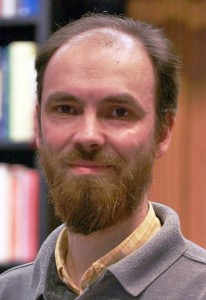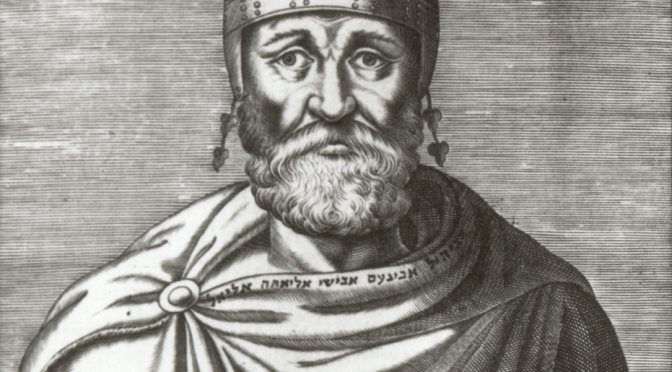This Thursday January 22, 2015, at 16.00h, the second Puukko Academy of the academic year 2014-15 will be held at the Faculty of Theology, University of Helsinki (Vuorikatu 3, 5th floor, Faculty room).
The lecture is given by Dr. Sami Yli-Karjanmaa and is titled ‘Jewish Platonism in Alexandria: Philo and His Eschatology‘.
Jewish Platonism in Alexandria: Philo and His Eschatology
Dr. Sami Yli-Karjanmaa

Philo of Alexandria (c.20 BCE to c.50 CE) is usually called “the most important representative of Hellenistic Judaism.” With a literary output of the order of the Septuagint and a profound impact on Christian theology, he no doubt merits the epithet. His allegorical interpretations of the Pentateuch that were greatly influenced by Greek philosophy — Plato’s in particular — appealed to numerous church fathers. Without them we would know very little about the Alexandrian exegete, as his works, written in Atticizing Greek, have hardly any reception history within Judaism before the modern era.
Philo’s views about the soul represent an area of his thought were there are very few departures from Plato. This has been acknowledged for a long time, and yet no consensus has prevailed in scholarship about his views of the post-mortem fate of souls who do not meet the criteria of salvation. He has been seen as a proponent of the Pythagorean–Platonic tenet of reincarnation since the 16th century. More recently scholars have adopted diagonally opposite positions on the issue. These positions have not, however, been based on specifically examining the issue. In addition, there has been in practice no debate between researchers.
In his dissertation (Åbo Akademi University, 2013), Yli-Karjanmaa examined all the available indirect and direct evidence that can be garnered from Philo’s works. He found that the idea of reincarnation is in agreement with Philo’s anthropology, ethics and soteriology. Philo nowhere rejects the doctrine and freely uses Plato’s reincarnational imagery and terminology. Yli-Karjanmaa also analysed four direct references to reincarnation. Each of them was found to reflect approval; the the tenet seems to have been an esoteric one. These results shed light on a much greater number of passages in Philo and call for further investigation of the background and reception, within Judaism and Christianity, of this feature of his thought as well as of the interplay between the different afterlife beliefs attested (resurrection, immortality). These questions, and linking them to determinants and expressions of social identity, are at the heart of Yli-Karjanmaa’s research project in CSTT.
The hostess of the evening will be Dr. Hanne von Weissenberg.

